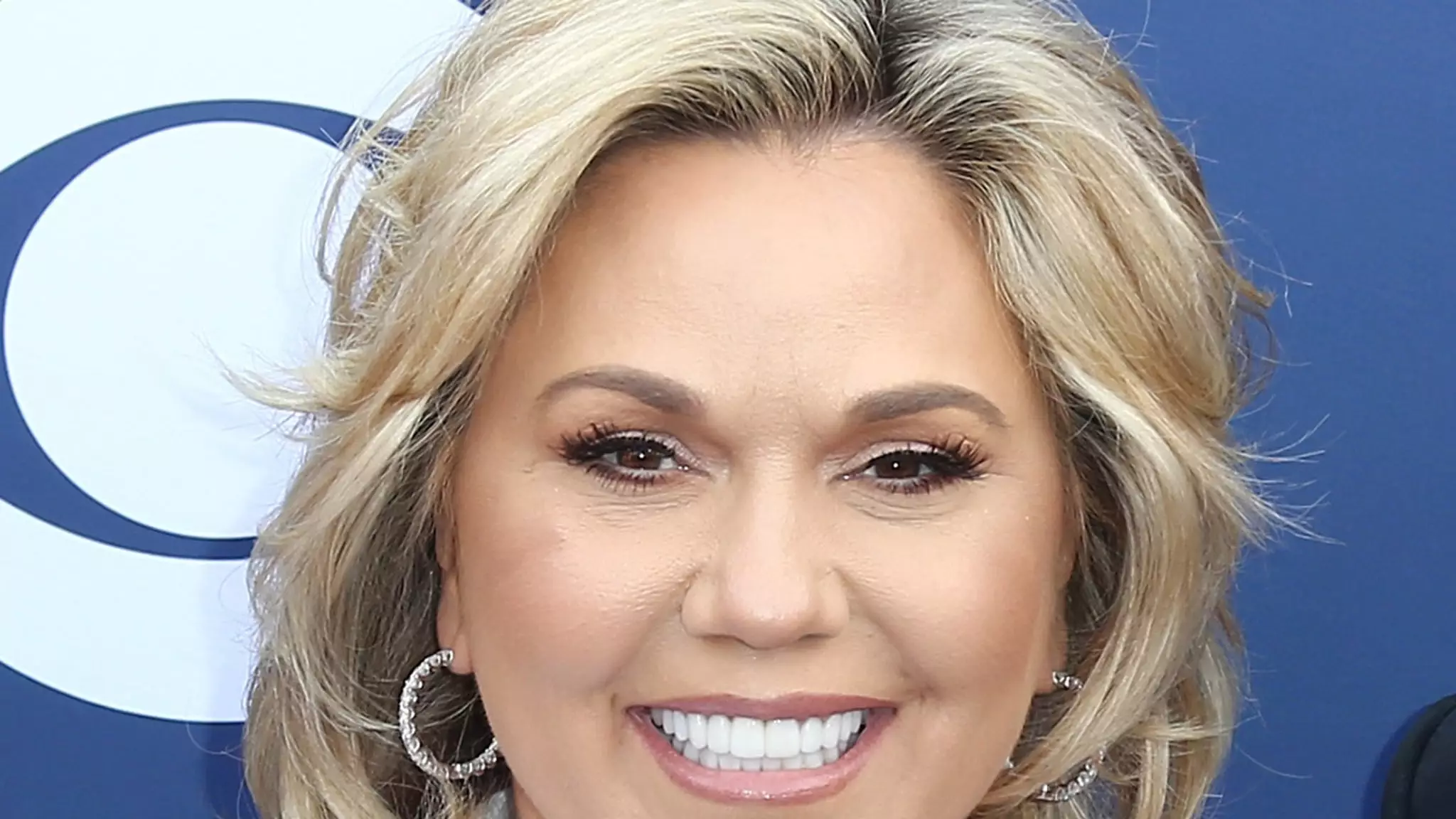In an unexpected twist of fate, Julie Chrisley has been released from federal prison, just moments after the news broke of her husband Todd’s release. The couple, once celebrated stars of their own reality television show, saw their lives dramatically shift when they were convicted of bank fraud and tax evasion in 2022. Their fall from grace was swift, capturing the public’s attention and raising questions about morality, privilege, and the legal intricacies of high-profile cases.
The release, granted just hours after former President Donald Trump signed their pardons, showcases the interplay between celebrity culture and legal justice. It is intriguing to consider the implications of such an act; pardons are often seen as exclusive privileges extended to those close to power. This incident raises broader questions regarding fairness in the judicial system. Should the affluent and well-known receive faster handshakes from the justice system compared to average citizens?
A Family Reunited
Julie and Todd’s release signifies much more than just an exit from prison; it’s a family reunion. Their daughter Savannah, who took the initiative to hold a press conference ahead of her parents’ release, showcased an unwavering support system. Her emotional appeals and public statements underline the strength of familial bonds, especially in times of adversity. However, while this reunion brings a sense of relief and excitement, it is also overshadowed by the staggering $17.8 million restitution that looms over the family.
The intricacies of the legal battle that lies ahead for the Chrisleys cannot be overlooked. Experts speculate whether they will actually be held accountable for this debt, creating a juxtaposition between their celebrated return to society and the burden of financial obligation. Will the reality television fame allow them to mitigate these financial challenges, or will they face severe repercussions in the long run?
The Reality Show Continuum
Fans of the Chrisley family are undoubtedly intrigued by the forthcoming Lifetime series, which is set to chronicle their reintegration into society. This transition from prison life back to the public eye promises a gripping narrative about resilience, redemption, and the quest for forgiveness. Yet, the ethical dimensions of leveraging personal tribulations for entertainment value cannot be dismissed.
In an era where fame often replaces accountability, the line between public interest and exploitation becomes blurred. As the Chrisleys navigate their return, will they truly embrace the lessons learned during incarceration, or will they merely adapt their narrative for the cameras? The prospect of televised redemption is tantalizing, but it also begs the question: How genuine can reality be when the cameras are rolling?
Overall, the Chrisleys’ release opens up a multifaceted discussion on the nature of justice, the influence of celebrity, and the sacredness of family bonds. As they step back into the limelight, the world will be watching, eager to see how they redefine their identities outside the walls of confinement and amid theirs ongoing legal battles.

